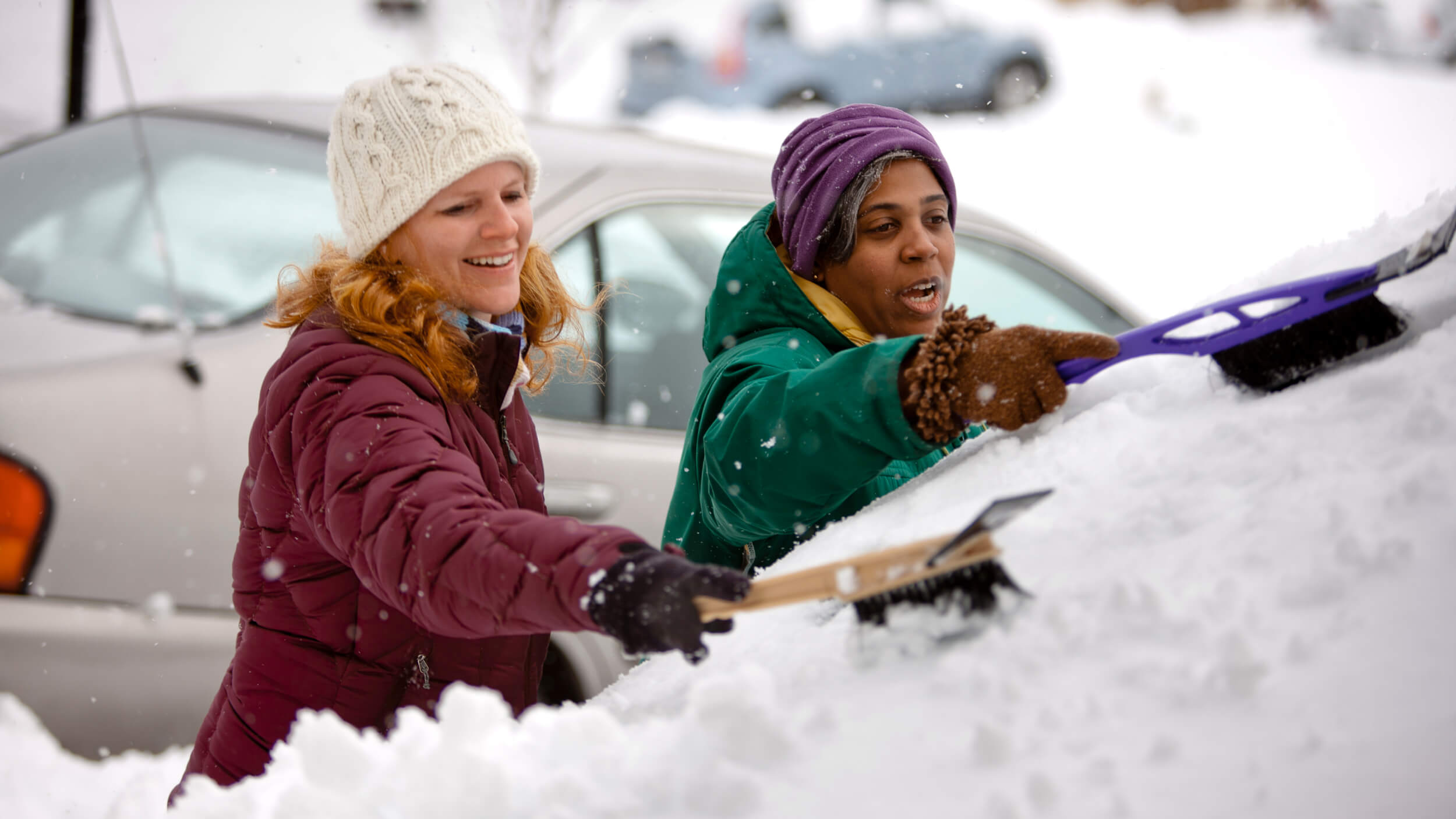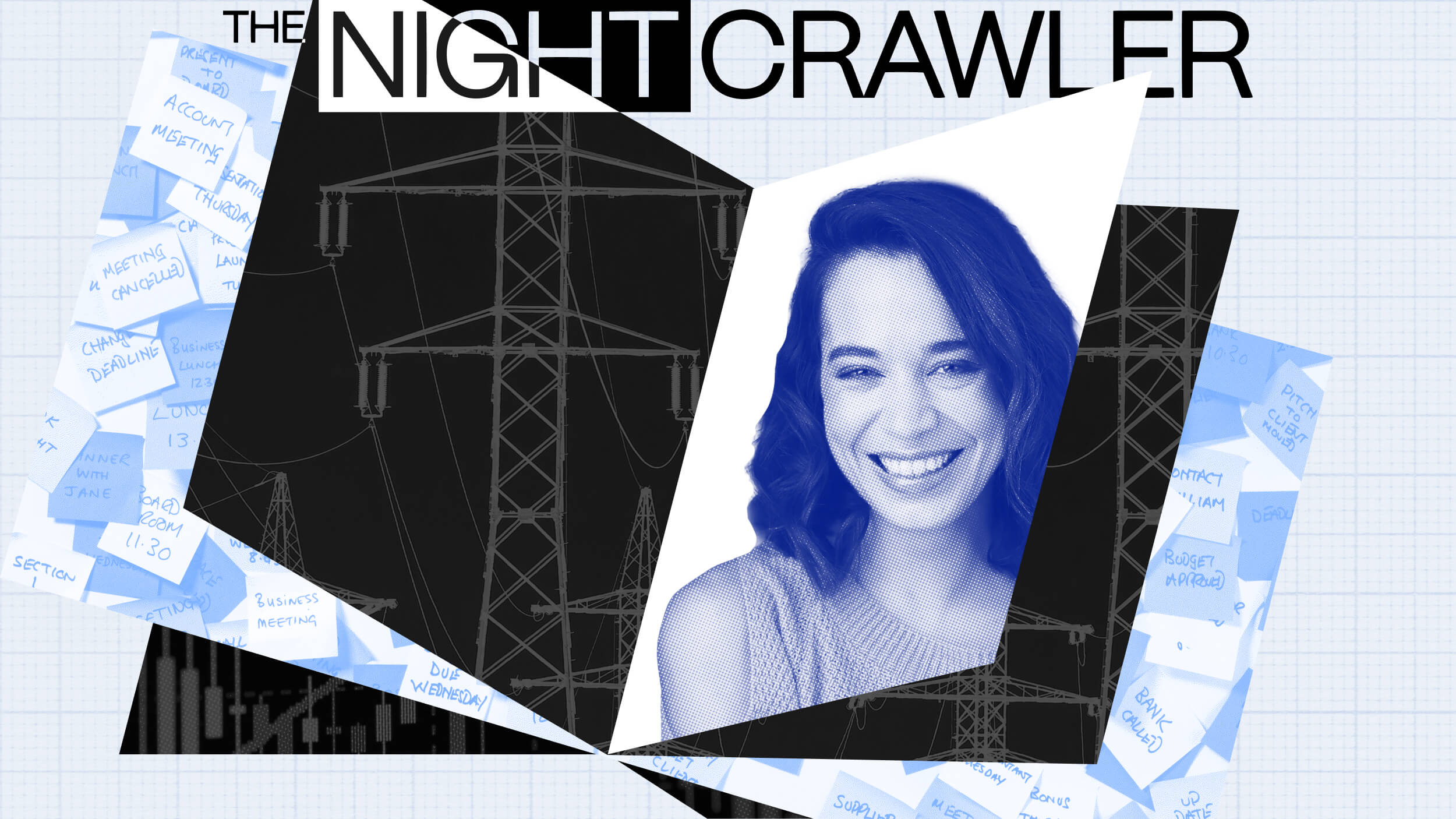The Grand Old Party has always benefited from old money, big business, and hardcore social conservatives, says the NYU historian.
Question: How has conservatism bolstered Republican power?
Kim Phillips-Fein: Right. Well, I would say first -- well, one thing is I think that the Republican Party is different from the conservative movement. And really, especially in the postwar period, this is important to keep in mind because there were also liberal Republicans, and so there's a lot of -- the two are not -- you know, they're not the same. And also, the conservative movement, I think, has had a lot of impact on the Democrats as well. So in some ways it's always a little confusing what the relationship is between the political parties and these social movements. Well, I think the -- you know, there are -- I guess there are different schools of thought about this, but there is one perspective that suggests that the ability of conservatives to attract these very dedicated grassroots activists in places like Orange County, California, that that enabled the movement to just kind of slowly grow almost under the radar screen until it was able -- kind of consolidated its power and that the activists carrying out the work of the movement were doing really the same kind of thing that civil rights activists were doing or labor activists, union activists, were doing. They're slowly kind of meeting to go one on one, holding kaffeeklatsches, participating in rallies, that kind of activity. And slowly but surely they built a movement.
I think, though, that it actually is problematic to see conservatism as a purely grassroots movement and that one of the things that really makes the conservative movement different is that it's always been able -- throughout the postwar period -- it's always been able to attract a lot of support from business organizations and from very wealthy individuals and donors, and that they're -- these people have played, I would argue, a disproportionate role in driving the movement forward. So in some ways what you really need to kind of ride out defeats, what you need to ride out the losses that are part of any attempt to change society, one thing you really do need is, you need money and you need an infrastructure. And conservatives have access to that in a way that I think labor activists just don't and civil rights activists don't, and so they are able to survive defeat in part because they are connected to people who have a lot of social power regardless. So I think, you know, the grassroots activism is an important part of the story, but it's not the whole story; you need to look at the financing and the institutions and the role of companies and these groups that don't rise and fall with elections or with a particular legislative battles.
Question: Has the face of conservative America changed?
Kim Phillips-Fein: Right. Do people see conservatives differently? Well, I think it is -- I think really since **** the election it's interesting: we've seen an enormous amount of condescension and hostility that -- from liberal groups towards conservatives. And it is a combination -- it's both seeing them again as really weird, freakish, outside the mainstream, and a lot of the ideas that are being circulated in the conservative movement today are kind of crazy and paranoid. I mean, the idea that Obama isn't really an American, or the idea that -- the image of the death panels for health care. I mean, there is something really paranoid about these ideas.
At the same time, I also think that it is confusing, and it obscures the way things really are, to treat these people as though they are -- you know, with this kind of just looking down on them and their ideas. And also I guess one thing about it is that it marginalizes the extent to which a lot of the ideas of the conservative movement have really entered the mainstream. And I think one of the things that we really need to look at today, historians and anybody interested in politics, are the successes of the conservative movement and the way that it really has been able to shape both political parties and the whole way that we think about politics, the way we think about America, the way we think about the role of the state. It seems to me that in some ways what people should start to do is stop studying only the conservatives and start looking at the mainstream and the consensus and how that has shifted, I think in large part as a result of the work of the conservative movement, but, you know, kind of conceived broadly.
Recorded October 22, 2009





